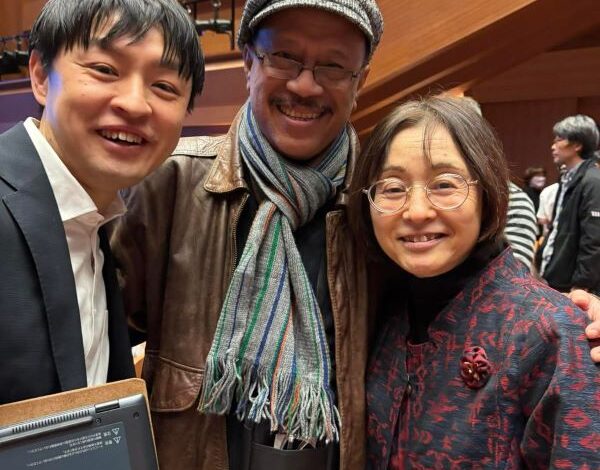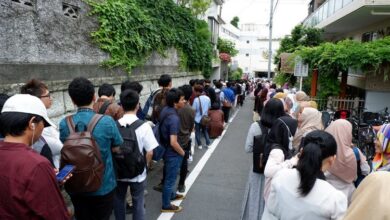
By Ali Syarief
Not long ago, I received a piece of news that left me both astonished and deeply proud. The son of a dear friend of mine—a young man still in the early chapters of his life—had been appointed as the representative of a major organization in Japan, overseeing Osaka and its surrounding region, the nation’s second-largest metropolis after Tokyo. It was an extraordinary position, one that demanded leadership, trust, and the ability to navigate a world of complex relationships.
Truthfully, I was not entirely surprised by his appointment. Even from a distance, I had noticed his natural talent for leadership, his quiet confidence, and his ability to inspire those around him. What truly stunned me, however, was the next piece of news: he had stepped down from that prestigious role. The reason? The birth of his first child.
In many cultures—especially those that glorify career achievements—such a decision would be rare, perhaps even viewed as a waste of potential. But in Japan, the story began to make sense once I understood the wider context. A conversation with one of his senior colleagues revealed that he, too, had been surprised, yet quickly linked the decision to one of Japan’s most pressing challenges: a severe demographic crisis.
Japan’s population is shrinking at an alarming rate. Births are few, the population is rapidly aging, and the younger workforce is dwindling. In such a climate, the arrival of a newborn is not merely a family event—it is a matter of national significance. A child’s birth is seen as a precious contribution to the future, one worth far more than even the most illustrious professional title.
This mindset is reinforced by a long-standing cultural pattern. In Japan, it is not unusual for a career-driven mother to step away from the highest rungs of the corporate ladder to raise her children until they are ready for school. The early years of a child’s life are regarded as too important to be entrusted entirely to others.
My conversation with his senior then shifted to the cost of living in Japan. I was surprised to learn that even those who are not employed receive substantial state support. For a married couple with a newborn, this assistance can be sufficient to maintain a comfortable standard of living. In such circumstances, it is entirely understandable that many parents would choose to take a full leave—or even resign altogether—to focus on raising their children.
From this experience, I learned something profound: in Japan, there is a collective understanding that nurturing a child is an investment in society, as valuable—if not more so—than any professional achievement. It is a perspective worth reflecting upon, especially for those of us in cultures that often place career ambition above the quiet yet immeasurable value of a child’s earliest days in the world.



